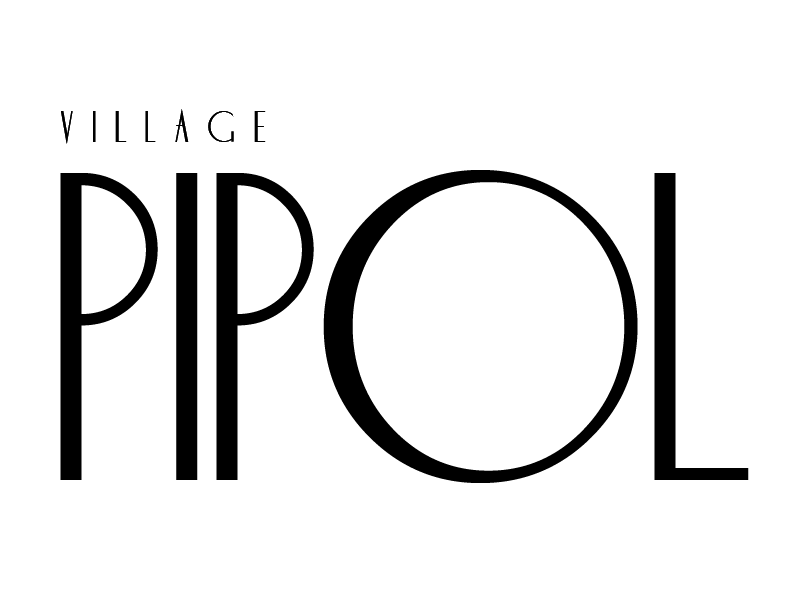Beating Writer’s Block with the Power of Music

Every writer, no matter how experienced, has faced the dreaded writer’s block at some point in their career. It’s that paralyzing feeling where words become elusive, and ideas seem to dry up. The once flowing stream of creativity comes to an abrupt halt.
But for this obstacle, I was able to find a key to overcome this problem. The harmonious sounds of music were able to lead me out of that hole preventing me from writing. Hopefully it could also help you in your writing endeavours.
The Silent Menace: Writer’s Block
Writer’s block is a common challenge that many writers face. It’s more than just a fleeting moment of hesitation; it’s a daunting barrier that can leave even experienced writers staring at blank pages, grappling with self-doubt and frustration.
In my case, I’ve been juggling between my responsibilities in writing articles for my internship, as well as writing articles for our one class project. Also Includes other writing tasks given to us from our other subjects. Being a journalism student basically just means writing and nothing else.
This creative roadblock often stems from various pressures, such as the desire for perfection, fear of criticism, or simply feeling overwhelmed by the task at hand. As writers wrestle with these internal and external pressures, the once-fluid process of crafting narratives and ideas becomes a strenuous endeavor, leading to periods of stagnation and doubt.
The Rhythmic Connection: Music and Creativity
Music has a unique ability to evoke emotions, memories, and sensations. It taps into our subconscious, stirs our emotions, and transports us to different realms. Numerous studies have highlighted the positive impact of music on cognitive functions, mood enhancement, and creativity. By harnessing the power of music, writers can create an optimal environment to stimulate their imagination and break free from the shackles of writer’s block.

How I Utilized Music
As of writing this article, I have over 1200+ songs saved on my phone. Although you might think that that’s the music I only listen to, as predictable as it is, I prefer not to use them. In my own understanding, I only see those music as my own personal soundtrack. I prefer them to not get mixed up with the purpose of having to listen to them so I could get things done.
Because of that, I have a separate playlist that I use to help me get through my tasks. But on Spotify, it’s easy to find a playlist that can serve the same purpose for me.
On TikTok, I was able to discover a creator by the name of @the..curator. True to their name, they curate playlists which consist of various music that people can use to help with their writing. They would create prompts of what they think best describes the feeling or moment that the music embodies.
@the..curator screaming and crying and throwing up making this #booktok #writertok #soundtrack #characterdeath #spirit #yondu #thor #loki #tangled #sad #sadsong
♬ Einaudi: Experience – Ludovico Einaudi & Daniel Hope & I Virtuosi Italiani
Most of their music is found from movie and film soundtrack, the very music we hear during memorable moments to support the general feeling the characters have.
Click Here to see more playlists by @the..curator on Spotify.
Few Tips on Using Music
1. Try to be Open Minded:
Sometimes instrumental music is not everyone’s cup of tea. We’re so used to hearing music with lyrics that it would probably take a bit of time to like orchestral pieces. For me, lyrics can sometimes be distracting, especially when writing at the same time. That’s why I opt for instrumental pieces or ambient sounds that provide a soothing backdrop.
Different genres evoke different emotions. Classical music might stimulate structured thinking, while jazz or lo-fi beats could encourage freer, more abstract thought patterns.
2. There’s a Playlist for Every Mood:
Develop a collection of playlists tailored to various emotions or scenes you’re trying to capture in your writing. Need to write an intense action sequence? A high-tempo instrumental track might be the push you need. Sometimes, there are people who prefer the music nature makes. Usually includes sounds of rain drops, trees blowing in the wind, or the crackling wood in a bonfire.
3. Turn Off Additional Sounds:
Additional sounds can sometimes catch you off guard. For instance, I can sometimes hear the television as my parents are watching, which usually breaks my immersion with the sudden outbursts of the telenovela they are watching. If possible, place yourself further away from them. If not, probably invest in some good noise cancelling headphones.
Writer’s block is a formidable foe, but it’s not passable. By embracing the transformative power of music, writers can rejuvenate their creativity, unlock new ideas, and reignite their passion for storytelling.
So, the next time you find yourself staring at a blank page, remember that there are options out there that can help you. With music, turn up the volume, let the melodies guide you, and watch as the words begin to flow effortlessly once more.
Ashly R. Marin is a young writer just starting out as an intern in the field. While he may be well-versed in writing news, opinion, and feature articles from being a journalism student at the Polytechnic University of the Philippines, Ashly enjoys writing about and doing photography, film, music, theatre, and art.






